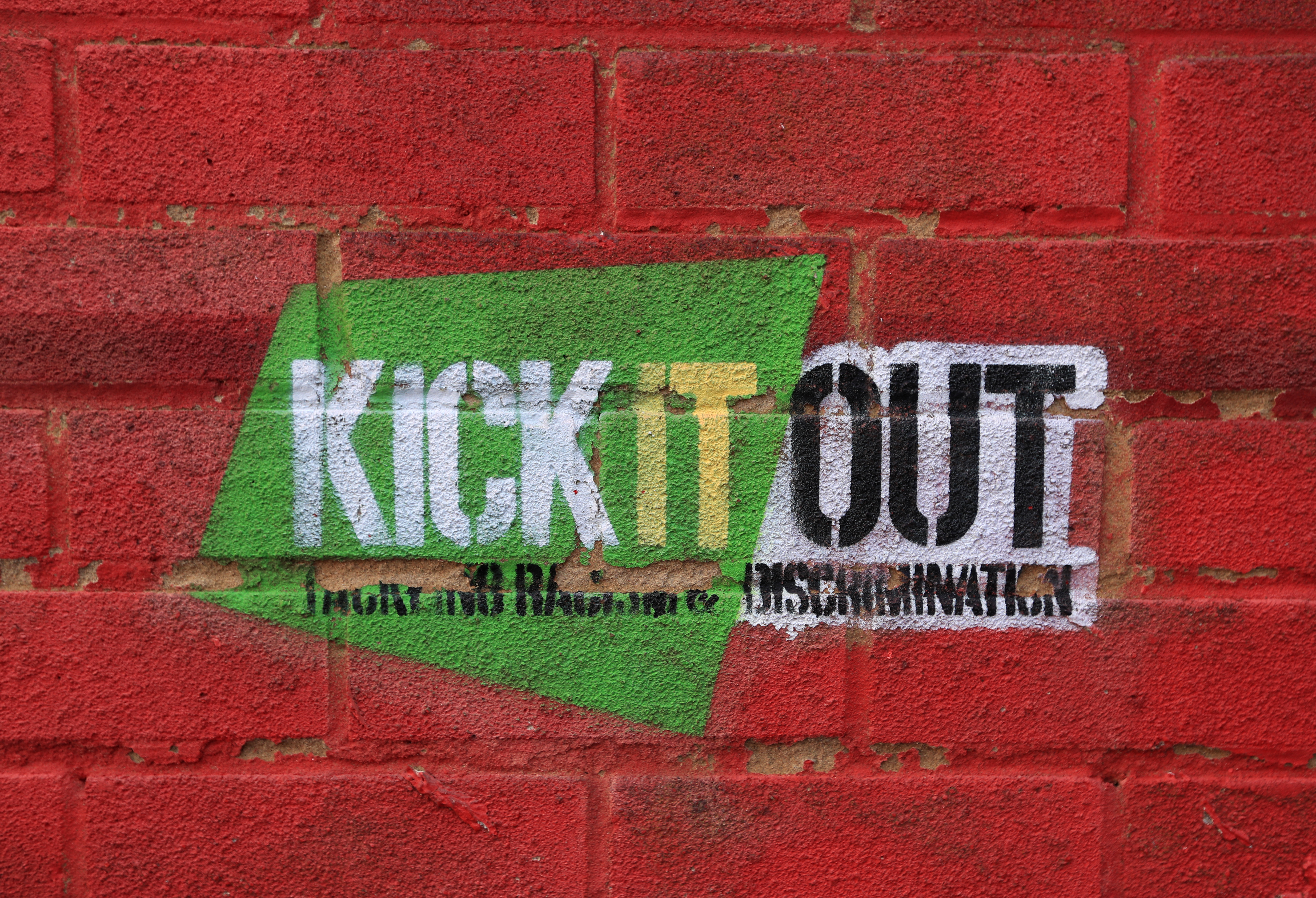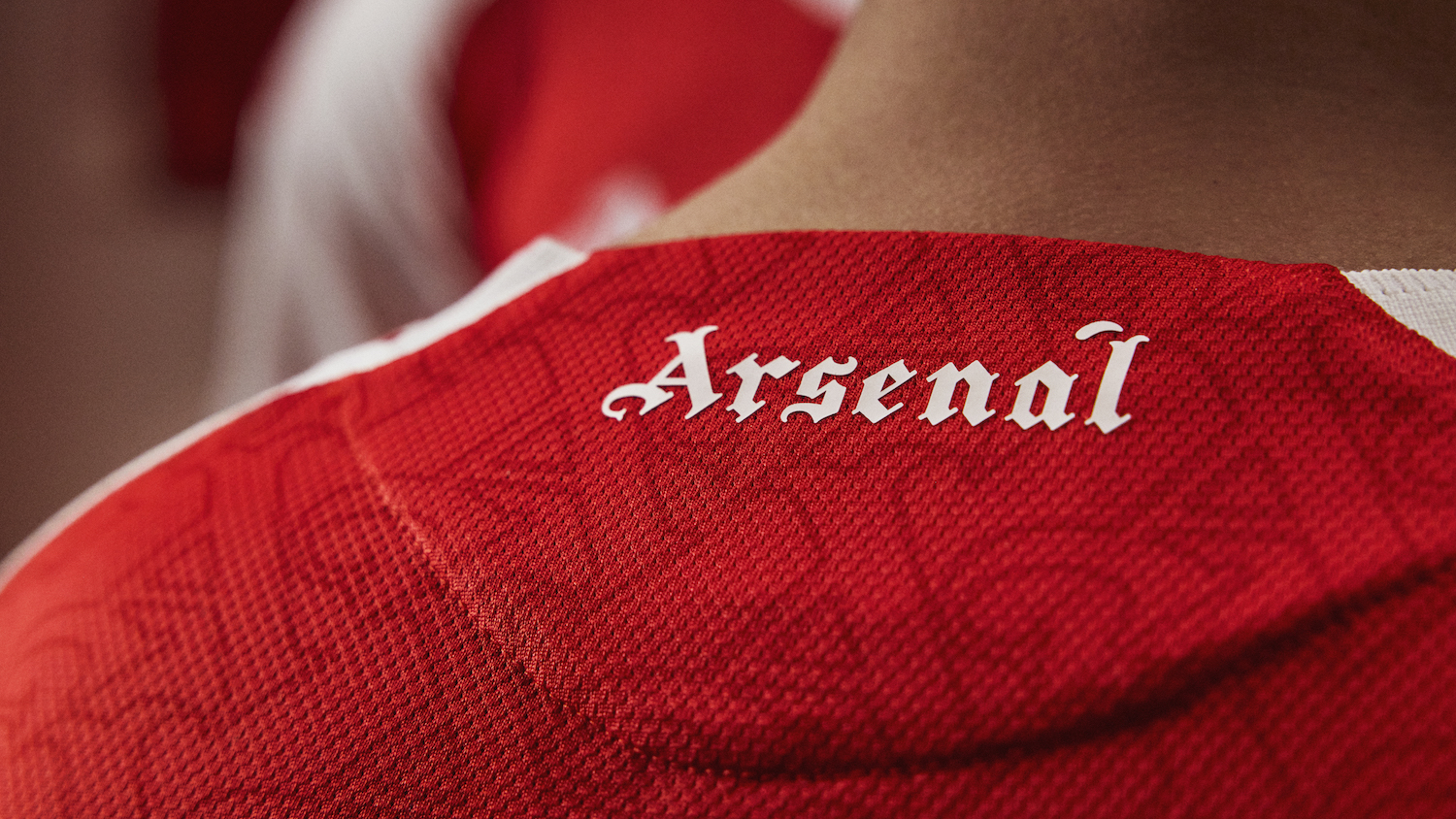Social media platforms criticised for frustrating police in racism fight

Social media platforms and even clubs themselves are frustrating the efforts of police to prosecute racist abuse and provide support to the victims, the UK’s football policing lead has said.
Detective Chief Constable Mark Roberts says the response of social media companies in assisting the police to identify abusers has been “woeful” and said in some cases they had been a “key blocker” to investigations.
And he added that, in some cases, clubs had frustrated investigators in gaining access to players to discuss the abuse they had received.
Online abuse has become an increasing problem during the periods of lockdown amid the coronavirus pandemic, and DCC Roberts is keen to ensure a “joined-up effort” to tackling abuse in anticipation of venues reopening in the spring.
Roberts wrote to the Premier League and the EFL in January and said he was disappointed by how long it took for them to respond.

He said: “We want to ensure there is consistent and effective response when football players suffer from online racist abuse.
“We want to work with the clubs, the leagues, the Professional Footballers Association (PFA), the CPS and police forces to deliver a streamlined, and effective process, so when players are victim to this type of vile abuse, they understand the process and each agency involved is aware of their own responsibilities to provide support and take action.
The best features, fun and footballing quizzes, straight to your inbox every week.
“Where forces are aware of abuse taking place, they are proactive in seeking to speak to the victim, and identifying those committing the abuse.
“Unfortunately, the response from social media companies is woeful and they can be a key blocker to our investigations and at present we have 16 live investigations, which are awaiting a response from Facebook, Twitter or Instagram.
“Gathering key information can take a significant amount of time, with responses taking up to six months, with the offender and their account long deleted from the system.
“At times, it is sometimes harder than it should be to get statements from the players themselves to support a prosecution and on occasion players are reluctant to make a statement.
“This is completely their right as a victim of crime, but this issue is compounded with clubs frustrating investigators gaining direct access to players.”
The first supporters could return to stadiums for pilot events in April under the Government’s road map for the lifting of lockdown restrictions in England, with a wider return proposed in May if a series of key tests are met.
“It is important we have a plan in place for the return of fans to the stadiums, and with the roadmap lifting current restrictions, we are now working to a potential deadline for this,” Roberts said.
“Campaigns help to send the message that racism is totally unacceptable, but we need to take joined up action, or it starts to become hollow.”

It is understood Premier League chief executive Richard Masters only became aware of Roberts’ letter this week, and that he has now responded, and so too has the EFL.
The Premier League says it has been involved in discussions with Roberts and his colleagues on a weekly and sometimes daily basis on this issue.
The league launched its own central rapid response reporting system last June, and has already helped track down offenders after reports have been made, such as in the case of Brighton forward Neal Maupay, whose abuser was located in Singapore.
The league’s executive director Bill Bush told BBC Radio Four’s Today programme that the real issue is how social media companies are operating on this matter.
He said: “The frustration really is that, in terms of online, whether it’s the police or us, there is nothing we can do when Facebook, Instagram and Twitter do extraordinarily little to deal with the abuse.
“The vast majority of the abuse comes from overseas, it’s not within the UK police’s jurisdiction so there is little point in talking to the police about those.”
Bush said the social media companies had made the issue of anonymity on the platforms into a “binary choice” and said Facebook and Instagram in particular were “hopeless” at taking down abusive comment when the league reported it to them.
A Facebook company spokesperson said: “We do not want discriminatory abuse on Facebook or Instagram. We work closely with UK law enforcement and respond to valid legal requests for information in hate speech cases. We will continue to work with the police and wider industry to collectively tackle this issue.”
The EFL said: “Combating racism is of critical importance to the EFL and we continue to work with relevant stakeholders – including local police forces, the UKFPU and other law enforcement agencies – in order to deliver the most effective, collaborative response to this very real threat to society and our game.
“Discriminatory behaviour flourishes where people are not held accountable for their actions and it cannot continue. With fans not permitted in our stadiums currently, our focus has been on tackling unacceptable levels of online racism and abuse of those involved in football with the EFL, Premier League, Football Association, PFA, LMA, Kick It Out and others coming together to agree a Plan of Action.
“The EFL has written to DCC Roberts to share our thoughts on the ways in which football and policing could be better coordinated and we will continue to discuss these issues with a range of relevant stakeholders.”
The football authorities wrote to the chief executives of Twitter and Facebook in February about the issue, saying their platforms had become “havens of abuse”.
 Join The Club
Join The Club





